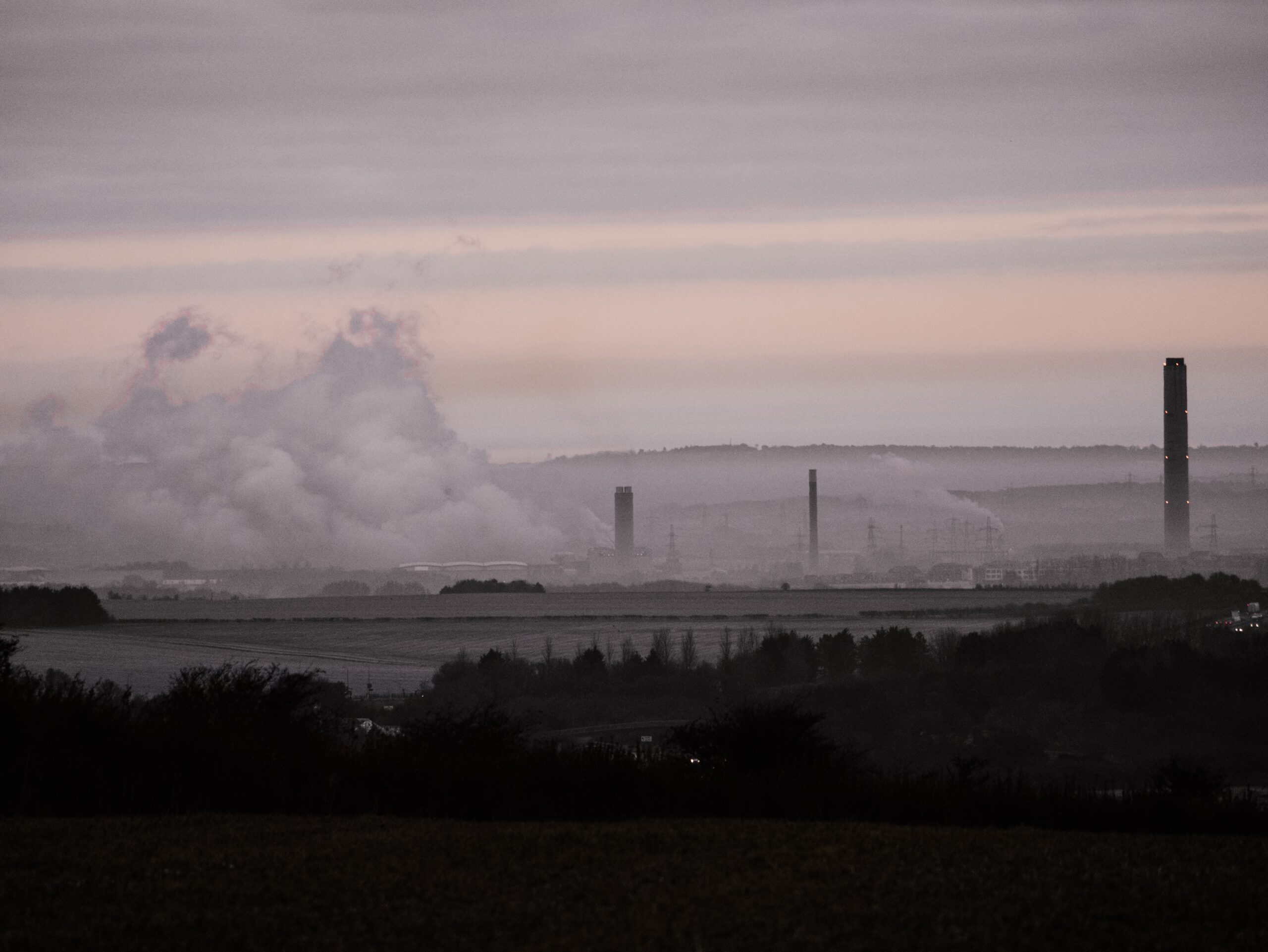Today is the last day to comment on the EPA proposal to not change the particulate standards. If you have not already, please tell the EPA what you think about this proposal. Here is the link to submit a comment to EPA.
In the midst of a viral pandemic, EPA has proposed to not change the particulate matter (PM) standards, despite there being many more studies showing harm from PM since the last revision to the standards. They are proposing to NOT change standards for both fine particulate (PM2.5) and coarse particulate (PM10). And now there are several new studies showing that PM increases risk for getting COVID-19.
Sharon Lerner wrote an article in the Intercept about pollution and COVID-19. There is a study being published in July that shows a significant relation in air pollution from two sizes of PM (PM2.5 and PM10), as well as ozone, nitrogen oxides, and carbon monoxide, with increased infections from COVID-19 in China.
There is another study being published in August that also shows a significant correlation in California between multiple air pollutants and COVID-19 infection, including PM2.5 and PM10.
She also discusses already published studies from Italy and Harvard that show increased COVID infections in both Italy and the U.S. in areas with higher air pollution. (We have previously talked about these studies in our Latest Headlines. You can find them here and here.)
The article in the Intercept also discusses the role of ingested chemicals such as BPA, phthalates, and PFAS (polyfluoroalkyl substances). These chemicals are associated with plastics and nonstick coatings, and appear to affect our immune system, which increases our risk for COVID-19. While it is not air pollution, it is still worth paying attention to other kinds of pollution, and some of these chemicals are released into the air near manufacturing sites or incinerators.
If you have not commented on the EPA proposal to not strengthen the standards for PM, which will not protect health and will allow more people to die from air pollution, you have until 11:59pm tonight to do that. Here is the link for comments.
And stay tuned, because EPA will soon be proposing to not change the standards for ozone, and there will be opportunities to comment on that too.





